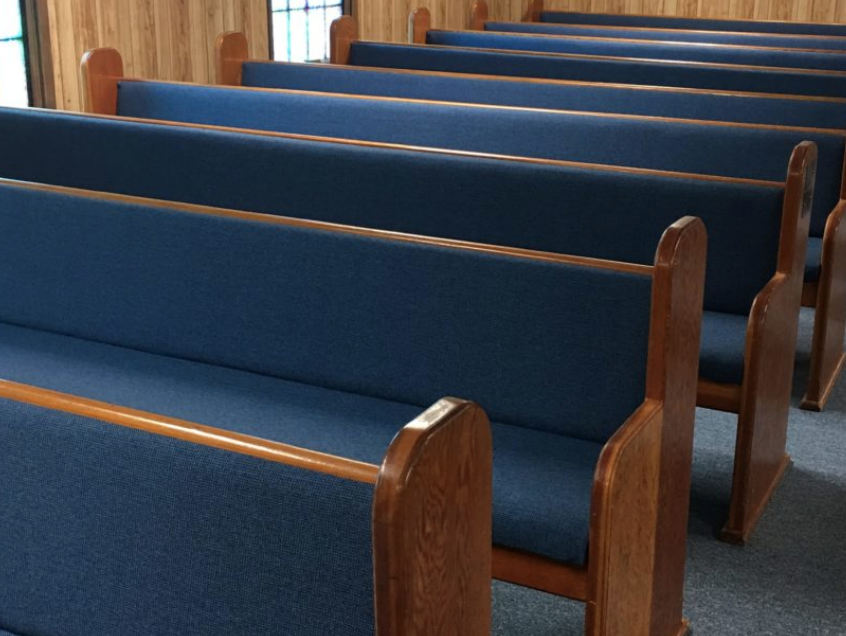Alfred Hitchcock knew a thing or two about complicated thrillers.
Having a murderer confess to a priest -- who couldn't betray this trust -- was already a familiar plot twist by 1953, when Hitchcock released "I Confess." Because of the seal of confession, this noble priest couldn't even clear his own name when police suspected that he was the killer.
Good prevails in the end. Shot by police, the killer makes an urgent final confession to the priest.
"It's natural for a Catholic filmmaker like Hitchcock to see the dramatic potential of confession, with its combination of mystery and holiness," said film critic Steven D. Greydanus, best known for his work for the National Catholic Register. "At the same time, Hitchcock thought 'I Confess' was a mistake, because he thought that his mostly Protestant audience in America just wouldn't get it."
The sacrament of confession is both sacred and secret -- facts known to Medieval playwrights as well as modern filmmakers. Thus, putting a confession rite on a movie screen is a "transgressive act" of the highest kind, said Greydanus, who serves as a permanent deacon in the Diocese of Newark, N.J. (Deacons do not hear confessions.)
"Voyeurism is an important theme in much of Hitchcock's work and he knew that using confession in this way was a kind of voyeurism. … He knew this was a kind of taboo."
Nevertheless, Hollywood scribes have frequently used confession and penance for everything from cheap laughs ("A League of Their Own"), to shattering guilt (Godfather III), to near-miraculous transformations ("The Mission"). In a recent 6,000-word essay -- "In Search of True Confession in the Movies" -- Greydanus covered a century of cinema, while admitting that he had to omit dozens of movies that included confession scenes.
The key is that filmmakers struggle to capture, in words and images, what is happening in a person's heart. The act of confession opens a window into the soul, since characters are forced to put their sins and struggles into words.
"Perhaps the very secrecy surrounding the sacrament of confession was part of what attracted filmmakers to depict it," wrote Greydanus.










